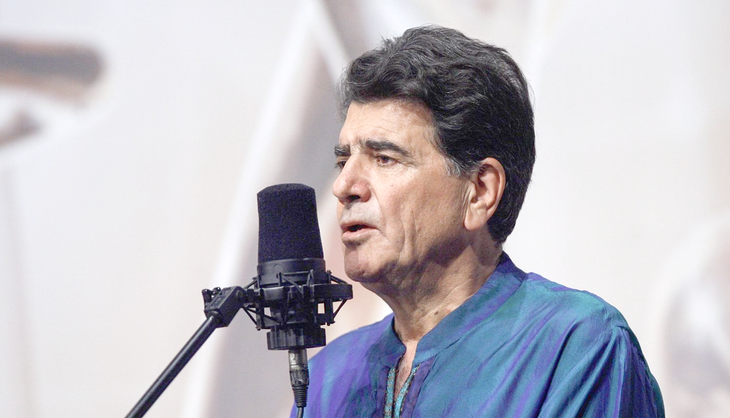
Mohammad Reza Shajarian sings in the capital of Iran on October 20, 2008 - Photo: AFP
But if you ask if you know who Mohammad Reza Shajarian is, many people will shake their heads. Because Shajarian is simply an Iranian singer, because he belongs to an ancient culture, which is no longer the center of attention today.
But his performance for NPR's Tiny Desk Concert series (an American non-profit media organization with 11.3 million followers, with the concept of inviting musical artists from superstars like Taylor Swift and Adele to artists from marginalized cultures, to sing for about 15 - 20 minutes right in the NPR office with an audience of just a group of employees) made a deep impression.
Even those who had never been familiar with Persian music before had to leave comments that his vocal "movements" were unreal.
Shajarian, in a shirt, trousers, tie and white glasses, looking no different from a university professor, along with musicians playing traditional Persian instruments such as Setar, Kamancheh, Persian drums, performed an ancient love song that has been passed down through the folk.
Mohammad Reza Shajarian
We don't understand what he sings, there are no subtitles, the melodic patterns are unfamiliar, but all that unfamiliarity cannot prevent us from feeling Shajarian's singing as a letter to heaven, a prayer on the deserted sands; the voice sometimes soars, sometimes swoops, sometimes drifts, sometimes dives, creating an unparalleled performance.
At the end of the program, when all the musicians joined in with Shajaran, it was a moment that truly made us understand: music is a language without distance, without borders, and we don't need to understand music to be moved by it.
The conflicts in the Middle East and centuries of Eurocentrism make us forget that the Middle East was once the cradle of civilization, the cradle of music; we forget that the kamancheh was the precursor of the violin, the oud was the precursor of the guitar, or the santur was the precursor of the piano.
And that musical legacy has never died out. There are still many musical masters coming from those lands.
In another episode of Tiny Desk, more than 1.3 million viewers watched Rahim AlHaj, an Iraqi artist, perform on the oud, a 5,000-year-old instrument, accompanied by a daf drummer, also an ancient drum.
AlHaj plays his own compositions based on the maqam system of traditional Arabic music, with titles that couldn't be simpler: Dream, Friendship, Flying bird, Warm voice...
Listening to AlHaj's playing, one can imagine the life of the most ordinary Iraqi, unlike what one usually sees on television. Here, their lives are filled with poetry, dreams, emotions, and immense purity.
In another more contemporary episode that also reached over 1 million views, NPR invited the Israeli girl group A-WA, three sisters whose hit song Habib Galbi — a Yemeni folk tune sung in a Judeo-Arabic dialect — took them on tours across Europe and the United States.
Not pursuing the classical and scholarly music of the Middle Eastern tradition, A-WA chose to blend more contemporary, international elements such as hip hop and reggae, accompanied by Western instruments, but the lyrics still retain the religious allegories and allegories from the Holy Land.
For their performance at the NPR offices, they chose to perform Hana Mash Hu Al Yaman, a song about exiles starting a new life in a promised land. The story is straight out of the Bible, but also very much a contemporary story of this century.
The dream of "a land filled with wheat and barley, grapes and olives, figs and pomegranates" was not only the dream of people since the time of the Prophet Moses, but also the dream of people today.
People may come from anywhere, be born in any era, believe in any religion, but in the end, they probably share the same dream.
Source: https://tuoitre.vn/nhung-giac-mo-trung-dong-2025062909155023.htm






![[Photo] Multi-colored cultural space at the Exhibition "80 years of the journey of Independence - Freedom - Happiness"](https://vphoto.vietnam.vn/thumb/1200x675/vietnam/resource/IMAGE/2025/8/26/fe69de34803e4ac1bf88ce49813d95d8)
![[Photo] Hanoi: Authorities work hard to overcome the effects of heavy rain](https://vphoto.vietnam.vn/thumb/1200x675/vietnam/resource/IMAGE/2025/8/26/380f98ee36a34e62a9b7894b020112a8)



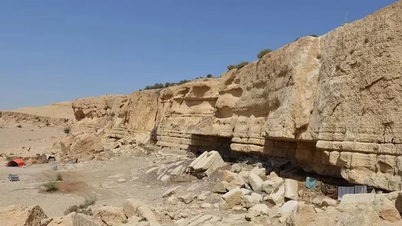














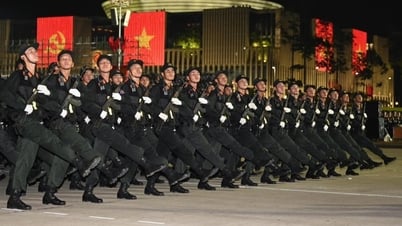



















































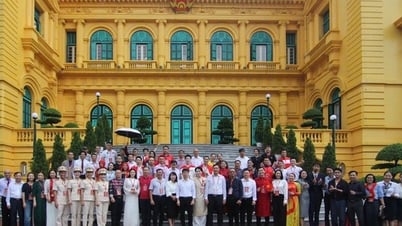
















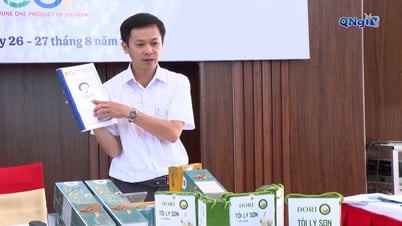










Comment (0)